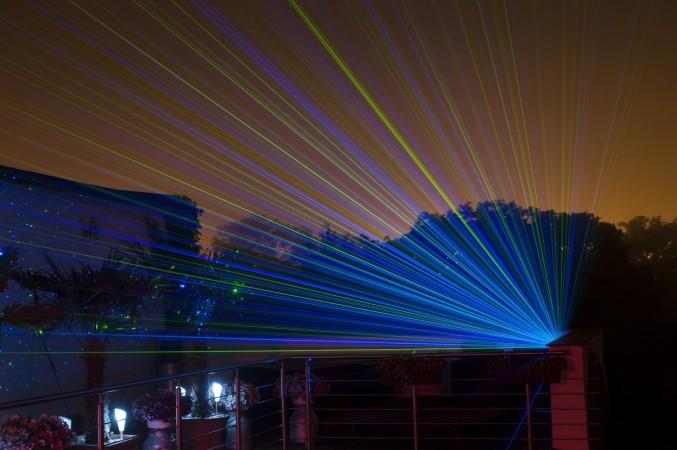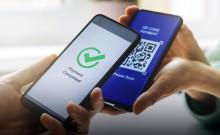
A subsidiary of Alphabet called "X" is poised to make a massive change in the way internet is delivered to millions of people in Andhra Pradesh, a southeast state in India.
The company aims to shun cables and turn to lasers to provide internet connectivity, and the technology that will make it happen is called Free Space Optical Communications, or FSOC.
To get this ambitious task done, X is collaborating with AP State FiberNet, a government-owned telecom company in the state. As part of the project, X will create 2,000 FSOC links that will use beams of light to deliver high-speed, high-capacity internet connectivity over long distances "just like fiber optic cable, but without the cable."
"And because there's no cable, this means there's none of the time, cost, and hassle involved in digging trenches or stringing cable along poles. FSOC boxes can simply be placed kilometers apart on roofs or towers, with the signal beamed directly between the boxes to easily traverse common obstacles like rivers, roads and railways," Baris Erkman, FSOC lead at X, said in a Medium blog post.
The FSOC technology was initially used to allow balloons to communicate with each other. After successfully sending a copy of "Real Genius," a 1985 comedy film, across more than 100 kilometres between balloons using FSOC lasers, X started to wonder if it could use the same technology more terrestrially.
In the FSOC technology, two light beams are aimed at each other and the communication takes place through blinking. As the name suggests, there's no use of any cable whatsoever while the lasers communicate through the air over line of sight.
In this case, the optical system is expected to hit a speed of 20 Gbps from box to box while serving as a backbone of the entire network and replacing more expensive technologies like fiber optics.
Andhra Pradesh is home to more than 53 million people, but only less than 20 percent of the residents currently have access to broadband connectivity. Therefore, the state government now hopes that the new laser technology will help it provide broadband internet to 12 million households and thousands of government organisations and businesses by 2019.
The FSOC links "will plug critical gaps to major access points, like cell-towers and WiFi hotspots, that support thousands of people," Erkman said.
















